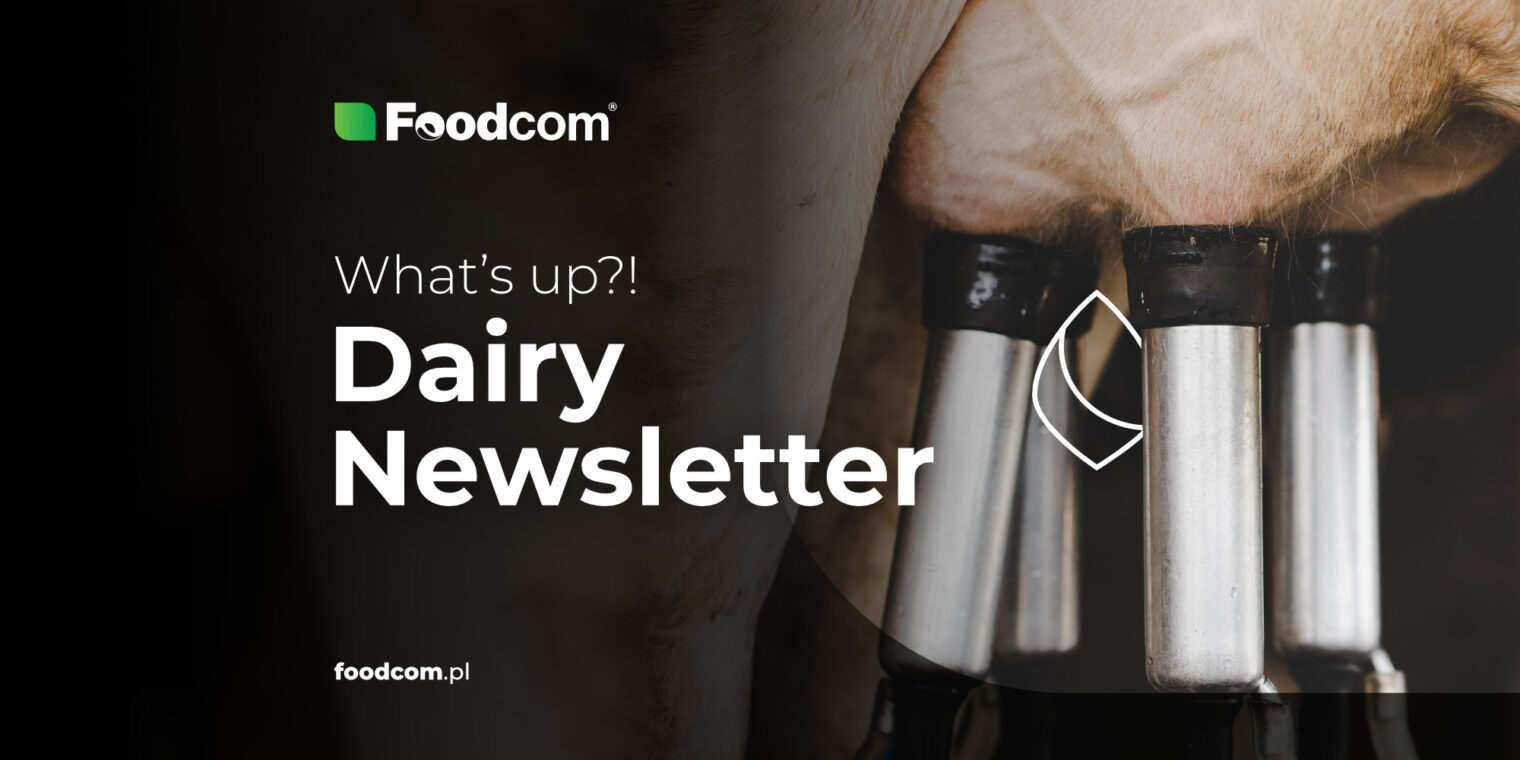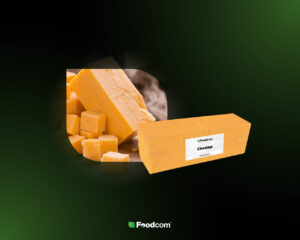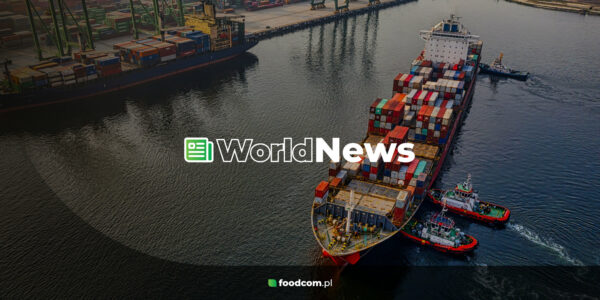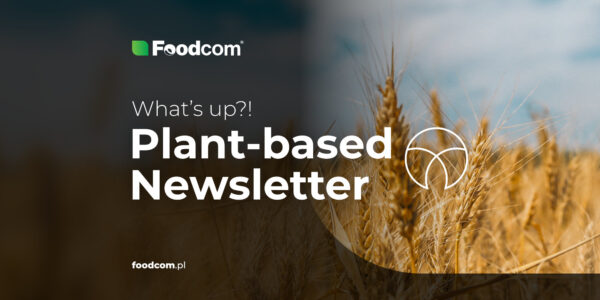- Prices for key dairy products, such as Skimmed Milk Powder, Cheese, Butter, and Whey Powder, are showing fluctuations in the market, with different trends depending on the product and sector.
- The Feedback report raises the issue of unsustainable growth in meat and dairy production, financed by leading banks, leading to increased greenhouse gas emissions and deforestation.
- Danone, the French dairy giant, is seeking new sources of raw materials outside of Europe to reduce costs, while focusing on improving the energy efficiency of its operations.
Hello Partners!
Welcome back to our Newsletter!
Take a closer look at the latest developments shaping the dairy industry worldwide. From fluctuations in market prices for key products such as Skimmed Milk Powder and Cheese, to strategic expansions by industry giants such as Danone, these updates provide valuable insights into the current state of these important sectors. Learn how market forces, global events and corporate strategies are driving changes in the dairy production landscape.
Let’s take a look at what else is happening in the dairy market!
Skimmed Milk Powder
For those interested in Skimmed Milk Powder for animal feed, the current market offers prices below 2200 EUR/MT for immediate needs. However, it is worth noting that Q2 also saw sales above 2300 EUR/MT for feed purposes.
The food-grade SMP market is buzzing with anticipation for the upcoming tenders, with fresh product fetching prices of around 2300-2350 EUR/MT, while older stocks are being offered for around 2200 EUR/MT. However, there is a remarkable degree of uncertainty in the market.
Cheese
The Cheese sector is under increasing pressure, mainly due to retailers’ competitive pricing strategies. Prices for Gouda have fallen to as low as 3800 EUR MT FCA, suggesting a market correction after Easter. Producers are expected to realign their pricing strategies in response to these market adjustments. Additionally, we observe downward price pressure on Mozzarella, as well as on Cagliata and Cheddar.
Fats
Butter prices show a similar range of fluctuation, indicating a general downward trend. In the Netherlands, Germany and Belgium, prices range between 5650 and 5750 EUR/MT. In particular, Polish transactions and fresh German butter transactions are at the lower and upper end of the spectrum respectively, highlighting the diversity of valuations in the market.
AMF continues to remain stable.
Liquids
Cream market has a broad price spectrum, ranging from an average of 6700 to 6800 EUR/MT FCA, with transactions of between 6500 and up to 6900 EUR/MT observed. This range reflects the varying market demand and differences in quality.
The Skimmed Milk Concentrate market is currently experiencing a drop in prices, with prices in Germany ranging between 1700 and 1800 EUR/MT. This shows how vulnerable the market is to unexpected events and once again underlines the need for vigilance. Furthermore, it is worth noting that prices are falling ahead of the holidays and prices are expected to reach around 1500-1550 EUR/MT during the holidays.
Milk consumption is increasing, which is accompanied by rising payments to farmers. However, spot prices are on a downward trend, so there is a delicate balance that requires attention. Nevertheless, the outlook remains cautiously optimistic, as farmers’ profit margins are expected to improve in the coming months.
Whey powders
The Sweet Whey Powder (SWP) market is facing mixed price conditions, with observed prices close to 680-690 EUR/MT for spot transactions and for second quarter deliveries. Transactions for the third quarter were concluded at 700 EUR/MT, indicating an increase in value in the coming months.
The market for Whey Protein Concentrate is experiencing a significant downturn. Prices are currently between 250 and 400 EUR/MT FCA. For sellers requiring immediate transactions, bids are even lower, with prompt sales fetching around 200 EUR/MT. This shift indicates a decline in demand and is prompting stakeholders to monitor the situation closely.
What else?
A report by Feedback shows that billions of dollars in financing is contributing to unsustainable growth in meat and dairy production, with growth of 9% for meat and 13% for dairy between 2015 and 2021. The average annual loans to 55 leading livestock companies amount to 77 billion dollars. Banks, including Bank of America, Barclays and JPMorgan Chase, have been criticized for violating their own anti-deforestation rules by supporting these companies. The feedback calls for an end to financing this sector, and some banks are already changing their policies. Meat companies such as Marfrig and Minerva defend their sustainable business practices and reject the accusations of deforestation.
Danone, the French dairy giant known for its Activia yogurt, Aptamil infant milk and Evian water, is expanding its raw material sources to Asia, including India, China and Southeast Asia, to cut costs that have risen due to the COVID-19 pandemic and the war in Ukraine. The company, which traditionally sources its raw materials from Europe, is now looking outside Europe for aluminum, plastic, paper and ingredients such as whey and maltodextrin. This shift could lead to tensions with European milk suppliers, particularly in France, where Danone has close relationships with farmers. In response to rising costs, Danone is also focusing on improving energy efficiency and aims to increase this by 30% by 2025. 20 of the company’s factories will undergo an independent assessment of energy consumption.









